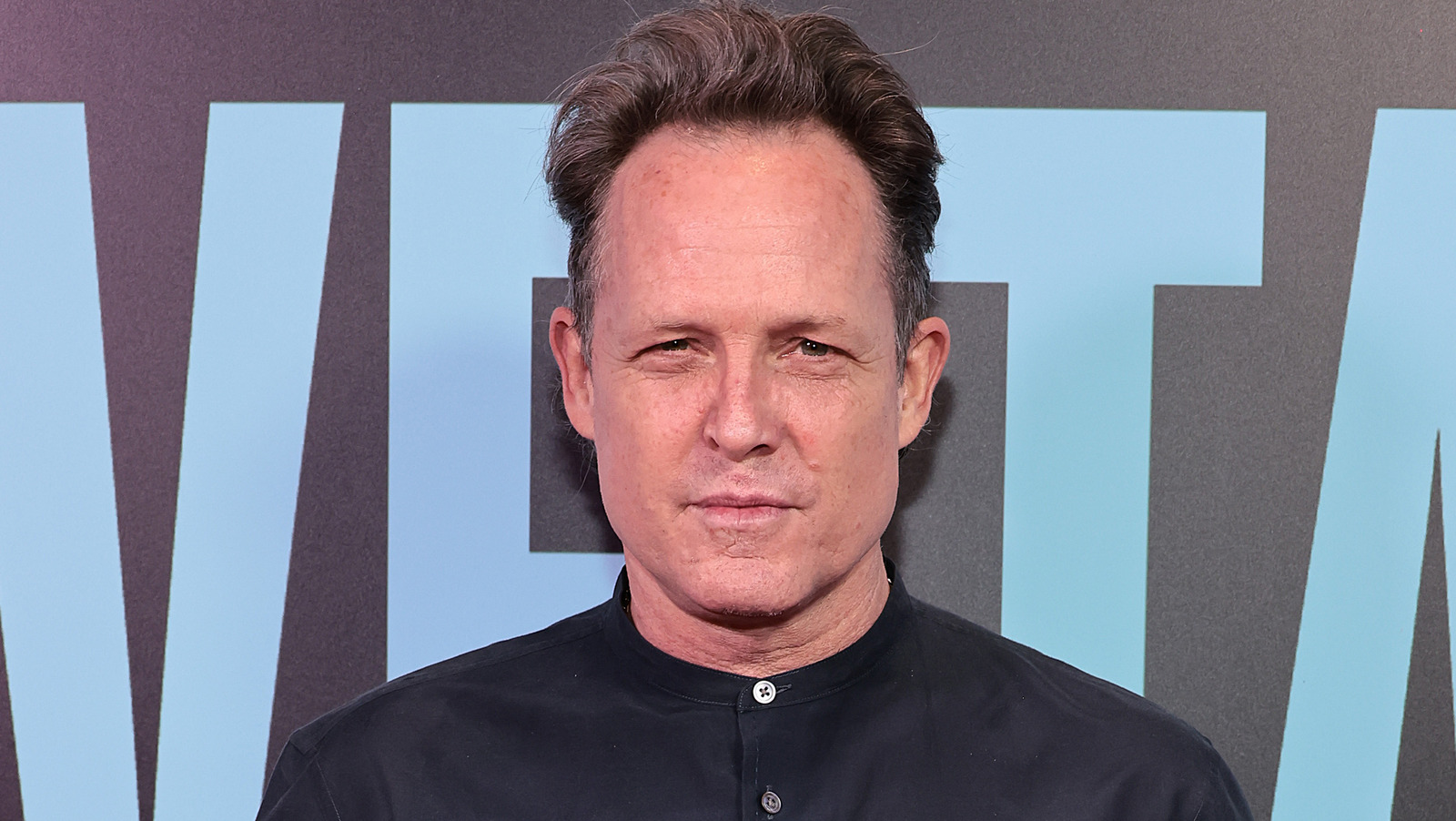RICHARLISON’S revelation that working with a psychologist “saved his life” underlined how critical talking about personal problems can be for some players.
The Brazil and Tottenham star last week claimed he was “at rock bottom” earlier this season when issues away from the pitch – including a split with his long-term agent – took hold.
 PA
PA Rex
RexTherapy, along with surgery on a nagging groin problem, turned things around and now he faces Spain on Tuesday back firing on all cylinders.
The 26-year-old is not alone as a player in seeking advice to gain better mental health to be a happier person and a better player on the pitch.
Emerson Royal, a team-mate for both club and country, employs neuroscientist Dr Fabiano de Abreu as an advisor.
It is part of the marginal-gains approach to the game of the right-back, who Ange Postecoglou has described as one of his top-three trainers at Spurs.
Dr Abreu, a member of the UK’s Royal Society of Biology, told SunSport: “Players may need psychologists more than ordinary people because of the pressure they are under.
“Richarlison did the right thing in speaking out. But, in football, managers and clubs are still a long way behind on this topic.
“Football today is more challenging than in Pele’s era. It demands more than just dynamic gameplay and skilled players.
“The pressure from management, clubs, fans, and social media is immense. The psychological aspect is different now.
CASINO SPECIAL – BEST CASINO WELCOME OFFERS
“Zico, the greatest idol of Flamengo, once told me, ‘I played for pleasure, for love’.
“But what about today? With high stakes and demands, with constant scrutiny?
“There’s no more freedom, and it affects the brain. Plus today’s game demands higher performance.”
Richarlison spoke of the profound effect his work with his psychologist had on him and his joy at seeing the Brazil national team employ one as a result.
Dr Abreu’s neuroscience expertise means he provides more than a sounding board for Royal and his other clients, though therapy does play a part.
His work considers a player’s genetics, upbringing and other social factors to get a detailed profile of the individual.
A new client will undergo a thorough DNA test, an interview to understand the players’ background and upbringing, a comprehensive blood test and, if possible, a neuroimaging test to understand better, quite literally, how their mind works.
The data from all this allows Dr Abreu and his team to work out how best to enhance the athlete’s performance and mental health.
That could be through adjustments to their diet, habits such as improved sleep, medication if necessary and therapy.
It is all to do with a player’s neurotransmitters – the chemicals in the brain and nervous system that transmit signals between nerve cells, which are pivotal for mood, sleep, appetite, learning and motor functions – and keeping them stable.
Dr Abreu added: “Emerson is always open to suggestions for doing what’s best for him.
“He’s a very easy person to work with and a good athlete.
“It’s not easy to stand out in England, it’s the country where we feel the most pressure on players. But he knows how to deal with it.
“There’s no doubt that neuroscience and genetics should be considered more in football.
“That is if you want to create ‘machines’ like Cristiano Ronaldo, and I can tell you with certainty that Ronaldo has the same thought and uses it for himself.”










 Bengali (BD) ·
Bengali (BD) ·  English (US) ·
English (US) ·